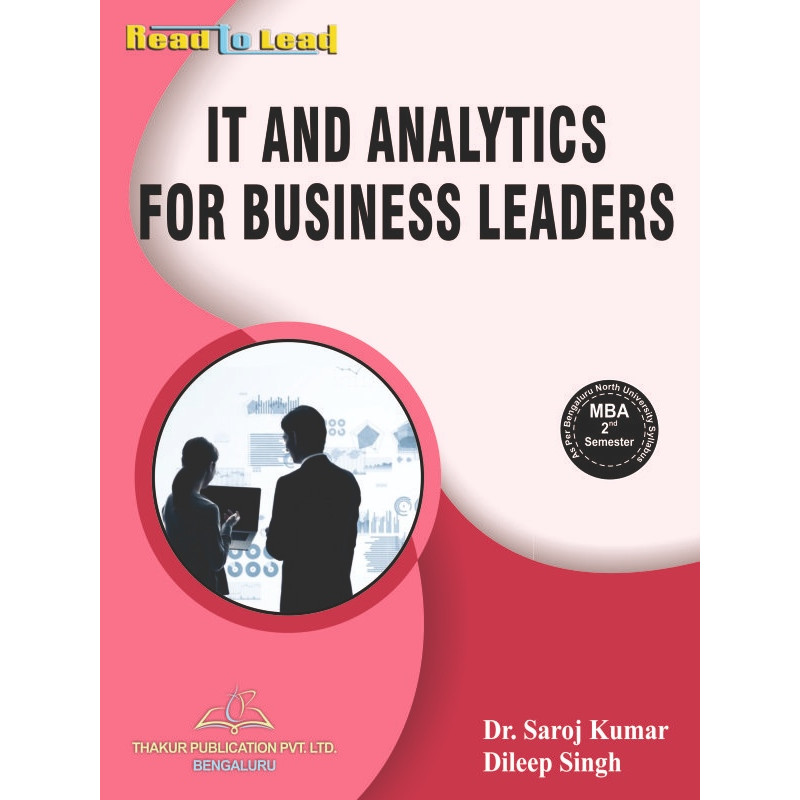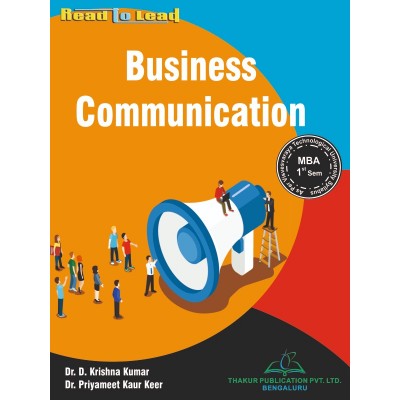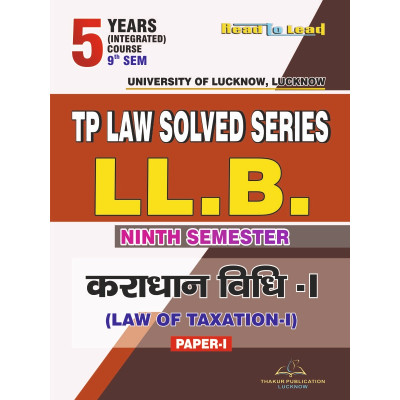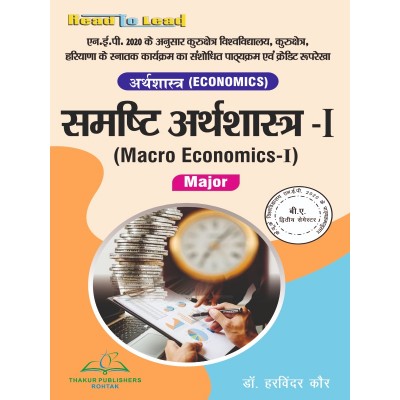Categories
- Pharmacy
-
Nursing
-
MBA
-
BBA
- U.P. State University
- Veer Bahadur Singh Purvanchal University, Jaunpur
- Chaudhary Charan Singh University, Meerut
- Dr. Bhimrao Ambedkar University, Agra
- Chhatrapati Shahu Ji Maharaj University, Kanpur
- Mahatma Jyotiba Phule Rohilkhand University, Bareilly
- Mahatma Gandhi Kashi Vidyapith, Varanasi
- Dr. Ram Manohar Lohia Avadh University, Ayodhya
- Deen Dayal Upadhyaya Gorakhpur University
- Prof. Rajendra Singh (Rajju Bhaiya) University, Prayagraj
- Raja Mahendra Pratap Singh University Aligrah
-
BCA
- UP State Universities
- University of Pune
- I.K.Gujral Punjab Technical University (PTU)
- University of Rajasthan
- Rashtrasant Tukadoji Maharaj Nagpur University
- Uttar Pradesh NEP2020
- University of Rajasthan ,Jaipur (According to NEP-2020)
- BCCA (B. Com - Computer Science)
- Haryana
- West Bengal
- BBA (CA)
- PUNE BCA (Sci,Commerce)/B.Com (CA)
- Dr. A. P. J. Abdul Kalam Technical University, Lucknow ( AKTU )
- MCA
-
B Ed
- Lucknow University B.Ed Books
- Chaudhary Charan Singh University/Maa Shakambhari University, Saharanpur
- Dr Bhim Rao Ambedkar University, Agra
- Mahatma Gandhi Kashi Vidyapeeth, Varanasi
- Chhatrapati Shahu Ji Maharaj University
- Prof. Rajendra Singh (Rajju Bhaiya) University, Prayagraj (PRSU)
- Mahatma Jyotiba Phule Rohilkhand University(Mjpru), Bareilly
- Dr. Ram Manohar Lohia Avadh University, Ayodhya
- Bundelkhand University, Jhansi
- B.A,B.ed
- B.Sc, B.ed
- Deen Dayal Upadhyaya Gorakhpur University
- Veer Bahadur Purvanchal University (VBPU)
- Maharaja Suhel Dev State University ,Azamgarh (MSDSU)
- Raja Mahendra Pratap Singh State University, Aligarh (RMPSSU)
- Barkatullah Vishwavidyalaya (Bhopal)
- Jiwaji University (Gwalior)
- Vikram University (Ujjain)
- Dr. Harisingh Gour University (Sagar)
- Devi Ahilya Vishwavidyalaya (Indore)
- Rani Durgavati Vishwavidyalaya (Jabalpur)
- Awadhesh Pratap Singh University (Rewa)
- Maharaja Chhatrasal Bundelkhand University (Chhatarpur)
- D. EL. ED
- TET
-
B Com
-
B Sc
- B.Sc. U.P. State Universities Common Syllabus NEP
- Veer Bahadur Singh Purvanchal University, Jaunpur
- University of Lucknow
- Chaudhary Charan Singh University, Meerut
- Madhya Pradesh
- Chhatrapati Shahu Ji Maharaj University, Kanpur
- Dr. Bhimrao Ambedkar University, Agra
- Mahatma Gandhi Kashi Vidyapith, Varanasi
- DEEN DAYAL UPADHYAYA GORAKHPUR UNIVERSITY
- Prof. Rajendra Singh (Rajju Bhaiya) University, Prayagraj
- Dr. Ram Manohar Lohia Avadh University, Ayodhya
- Mahatma Jyotiba Phule Rohilkhand University, Bareilly
- Uttarakhand State Universities
- B.Sc. Bihar Universities Common Syllabus NEP
- University of Rajasthan (Jaipur)
- Haryana
-
Bachelor of Arts [B.A.]
- B.A. Of U.P. State Universities Common Syllabus NEP
- Veer Bahadur Singh Purvanchal University, Jaunpur
- University of Lucknow
- Chaudhary Charan Singh University, Meerut
- Chhatrapati Shahu Ji Maharaj University, Kanpur
- Dr. Bhimrao Ambedkar University, Agra
- Mahatma Gandhi Kashi Vidyapith, Varanasi
- Deen Dayal Upadhyaya Gorakhpur University
- Prof. Rajendra Singh (Rajju Bhaiya) University, Prayagraj
- Dr. Ram Manohar Lohia Avadh University, Ayodhya
- Mahatma Jyotiba Phule Rohilkhand University, Bareilly
- Madhya Pradesh
- Uttarakhand
- Bihar
- University of Rajasthan (Jaipur Syllabus as Per NEP2020)
- Haryana NEP-2020
- B Tech
- LLB
- SWA Education
IT AND ANALYTICS FOR BUSINESS LEADERS
AUTHORS : Dr. Saroj Kumar , Dileep kumar
ISBN : 978-93-6180-889-0

AUTHORS : Dr. Saroj Kumar , Dileep kumar
ISBN : 978-93-6180-889-0
₹210.00
Tax excluded
Syllabus
IT and Analytics for Business Leaders
Course Code: MBA 2.1
Module 1: Introduction to Information Systems in Business (10 Hours)
Information Systems in Business - Definition and types of Information Systems (TPS, MIS, DSS, EIS), Enterprise Resource Planning (ERP), Customer Relationship Management (CRM)- Functions and benefits, Emerging Trends in Computing – Artificial Intelligence (AI), Internet of Things (IoT), Quantum Computing, Cybersecurity, Edge Computing, Augmented Reality (AR) and Virtual Reality (VR), Blockchain, Cloud Computing, Strategic IT Management, IT Governance.
Module 2: Data Analytics in Business (10 Hours)
Data Analytics in Business: Overview of data analytics and its value for strategic decision-making, Types of Data: Structured vs. Unstructured Data: Quantitative vs. Qualitative Data: Types of Data Analytics: Descriptive Analytics, Diagnostic Analytics Predictive Analytics. Prescriptive Analytics. Data Collection, Data Warehousing, Data Mining & Big Data Concepts, Cleansing, Transformation. Basic Data Modelling Concepts, Business Intelligence (BI) Tools and Data Visualization Techniques, Applications of Business Analytics.
Module 3: AI, ML & IoT In Business (12 Hours)
Artificial Intelligence (AI): Basics of Artificial Intelligence (AI)- Definition of AI, Types of AI, Narrow AI vs. General AI. Applications of AI in Business, Benefits of AI in Management, Ethical Implications and Regulatory Challenges in AI, Robotics and Process Automation in Business Operations,
Machine Learning: Basics of Machine Learning (ML)- Definition of Machine Learning, How ML differs from traditional programming. Key Concepts - Supervised, unsupervised, and reinforcement learning, Applications of ML in Business,
Internet of Things (IoT)- Definition and Concept of IoT, Components of an IoT System, Applications of IoT in Business, Impact on Business Operations.
Module 4: Digital Innovations in Finance, HR, Marketing, and Logistics (12 Hours)
Introduction to Digital Innovations, Definition and Overview: Understanding digital innovations and their impact on various sectors,
Fintech- Introduction, Definition and evolution of FinTech, Overview of the global Fin-Tech ecosystem, Impact on Traditional Financial Services, Key drivers of FinTech growth. Key Fintech Technologies: Blockchain, Cryptocurrency - Understanding Initial Coin Offerings (ICOs) and Central Bank Digital Currencies (CBDCs) and Smart Contracts, EFT - Mobile Payments, Digital Wallets, and Banking-as-a-Service (BaaS), Regulatory challenges and future trends in FinTech.
Human Resources (HR): AI in Recruitment, HR Platforms, Data-Driven Decisions in HR, Virtual Reality and Augmented Reality in Employee Experience.
Marketing: Digital Marketing, AI & Big Data, Mobile, Social Media Marketing tools, Future Digital Marketing Trends.
Logistics, IoT & AI in Logistics, Blockchain for Supply Chain, Smart Logistics, Future Logistics Trends.
Module 5: Introduction to Advanced Excel & MS Access (12 Hours)
Getting started with Excel, working with Formulas (SUM, SUMIF, IF, LOOKUP, etc) & Functions and creating Charts & Graphs. Statistical tools – use statistical functions such as average, Standard Deviation, ANOVA, IF function etc.Data analysis by using What IF, PIVOT table, Scenarios, Goal seek. Excel Tools for Data Cleaning- Remove Duplicates, Filters, and Text-to-Columns.
MS-ACCESS: Creating a database and tables by different methods- Entering and Editing data Sorting, Filtering and Displaying data, Creating & querying using forms. Creating & printing reports and labels.
Building a Simple Regression Model Using Python on Google Colab
BNU2025/MBA/02/01
49 Items
16 other products in the same category:
Comments (0)
No customer reviews for the moment.
Your review appreciation cannot be sent
Report comment
Are you sure that you want to report this comment?
Report sent
Your report has been submitted and will be considered by a moderator.
Your report cannot be sent
Write your review
Review sent
Your comment has been submitted and will be available once approved by a moderator.
Your review cannot be sent
























